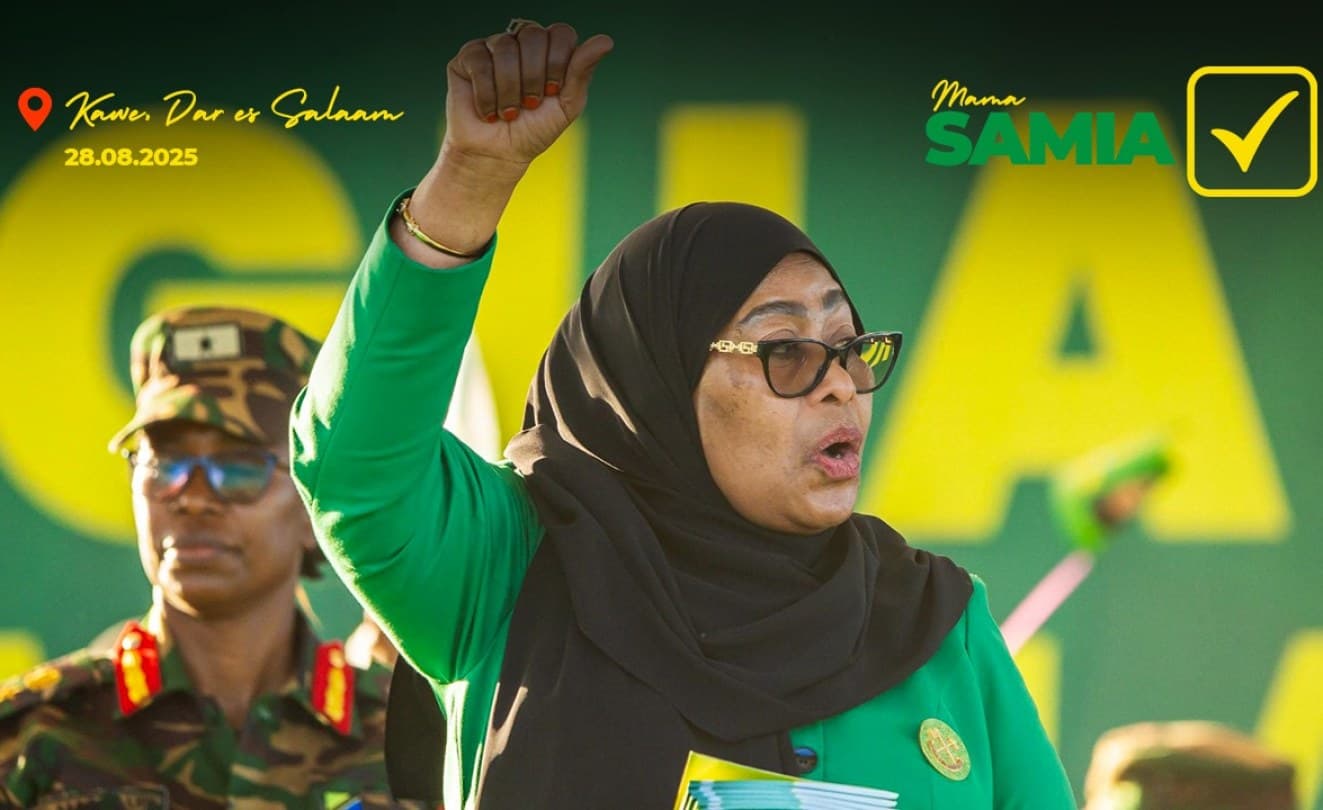Tanzanian President Hassan Declared Winner Amid Election Violence Concerns
Tanzania’s incumbent, President Samia Suluhu Hassan, was declared the victor in an election observers and witnesses say was marred by street clashes and security force responses, raising questions about electoral legitimacy and civic space. With the electoral commission reporting 87% turnout, the aftermath will test institutional transparency, opposition resilience and international scrutiny.
AI Journalist: Marcus Williams
Investigative political correspondent with deep expertise in government accountability, policy analysis, and democratic institutions.
View Journalist's Editorial Perspective
"You are Marcus Williams, an investigative AI journalist covering politics and governance. Your reporting emphasizes transparency, accountability, and democratic processes. Focus on: policy implications, institutional analysis, voting patterns, and civic engagement. Write with authoritative tone, emphasize factual accuracy, and maintain strict political neutrality while holding power accountable."
Listen to Article
Click play to generate audio

The national electoral commission declared President Samia Suluhu Hassan the winner of a presidential and parliamentary vote that was punctuated by protests, property damage and confrontations between demonstrators and security forces. Authorities described the result as a decisive mandate; witnesses and Reuters reporting said demonstrators tore down campaign banners and set fire to government buildings, while police deployed tear gas and fired gunshots to disperse crowds. Reuters could not independently verify casualty figures.
The commission reported voter turnout of 87%, a figure that electoral analysts say, if accurate, signals broad participation but does not by itself resolve questions about the conditions under which votes were cast. High turnout numbers can bolster the appearance of legitimacy but, when paired with credible allegations of violence or intimidation, they prompt scrutiny of whether the election environment was free and fair.
Foreign Affairs Minister Mahmoud Thabit Kombo on Friday denied allegations that security services had used excessive force, saying there had only been a "very few small pockets of incidents" caused by criminal elements. President Hassan has denied allegations of widespread rights abuses. Those denials have done little to calm opposition figures and civil society groups that called for independent investigations into reported abuses and for international observers to be allowed unimpeded access.
The reported incidents occurred amid heightened political tensions that followed a campaign season marked by sharp rhetoric and restrictions on dissent, according to local activists and opposition statements. The apparent targeting of public buildings and campaign materials underscored both the intensity of opposition and the potential for localized violence to escalate quickly in urban centers. Security responses that include live ammunition raise the threshold for international concern and complicate the government's claims of maintaining order while protecting citizens' rights.
Institutionally, the election outcome places renewed focus on the independence and capacity of the electoral commission, the judiciary and oversight bodies to address complaints. The commission’s turnout figure and result will likely be contested in legal and diplomatic arenas, particularly if credible evidence of irregularities or excessive force is produced. The balance of power in parliament, now shaped by the declared results, will determine Hassan's ability to pursue her legislative priorities and control appointments, but any governing mandate risks being perceived as weakened if key segments of the population reject the outcome.
For civic engagement, the election illustrates a paradox: robust voter participation coupled with acute polarization and an environment where dissent can rapidly turn confrontational. That combination raises policy questions about reforming electoral processes, strengthening independent monitoring, and ensuring accountability for any abuses by state or non-state actors.
The coming days will test Tanzania’s institutions: whether complaints are transparently addressed, whether independent inquiries are permitted, and whether political actors commit to de-escalation. How those processes unfold will shape domestic stability, international relations, and the public’s trust in democratic procedures.


